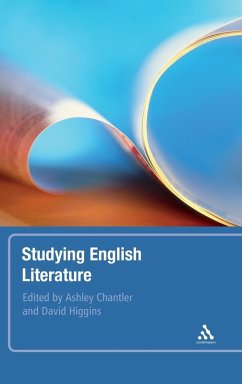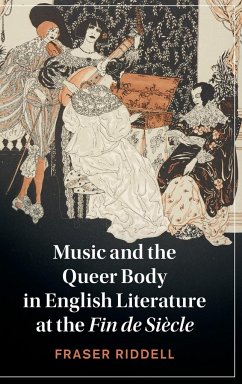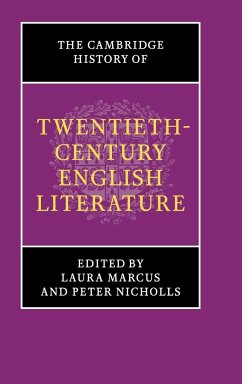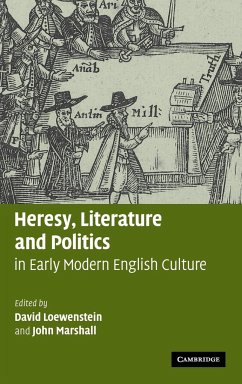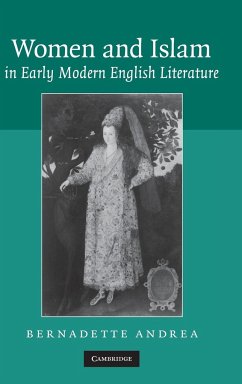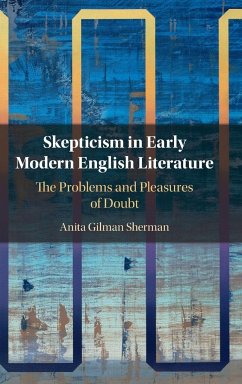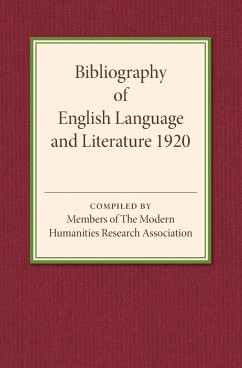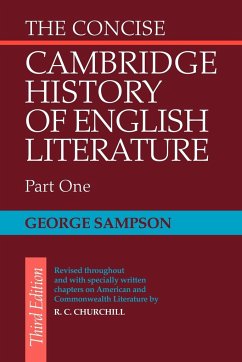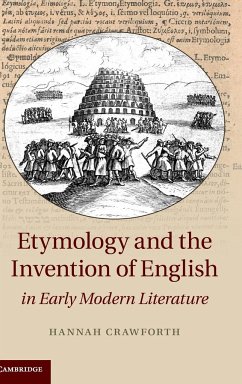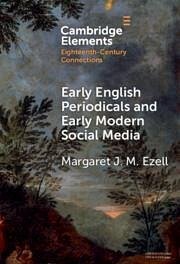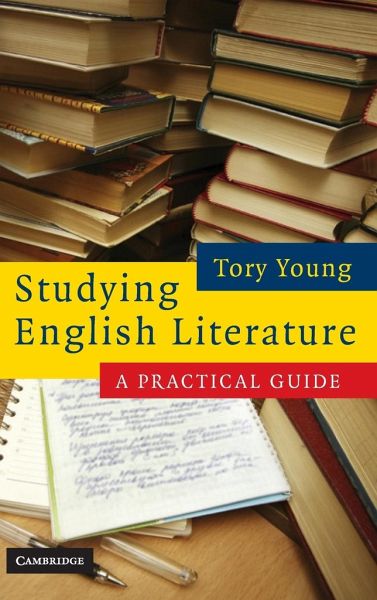
Studying English Literature
Versandkostenfrei!
Versandfertig in 1-2 Wochen
93,99 €
inkl. MwSt.
Weitere Ausgaben:

PAYBACK Punkte
47 °P sammeln!
Studying English Literature is a unique guide for undergraduates beginning to study the discipline of literature and those who are thinking of doing so. Unlike books that provide a survey of literary history or non-subject specific manuals that offer rigid guidelines on how to write essays, Studying English Literature invites students to engage with the subject's history and theory whilst at the same time offering information about reading, researching and writing about literature within the context of a university. The book is practical yet not patronizing: for example, whilst the discussion ...
Studying English Literature is a unique guide for undergraduates beginning to study the discipline of literature and those who are thinking of doing so. Unlike books that provide a survey of literary history or non-subject specific manuals that offer rigid guidelines on how to write essays, Studying English Literature invites students to engage with the subject's history and theory whilst at the same time offering information about reading, researching and writing about literature within the context of a university. The book is practical yet not patronizing: for example, whilst the discussion of plagiarism provides clear guidelines on how not to commit this offence, it also considers the difficulties students experience finding their own 'voice' when writing and provokes reflection on the value of originality and the concepts of adaptation, appropriation and intertextuality in literature. Above all, the book prizes the idea of argument rather than insisting upon formulaic essay plans, and gives many ways of finding something to say as you read and when you write, in chapters on Reading, Argument, Essays, Sentences and References.





